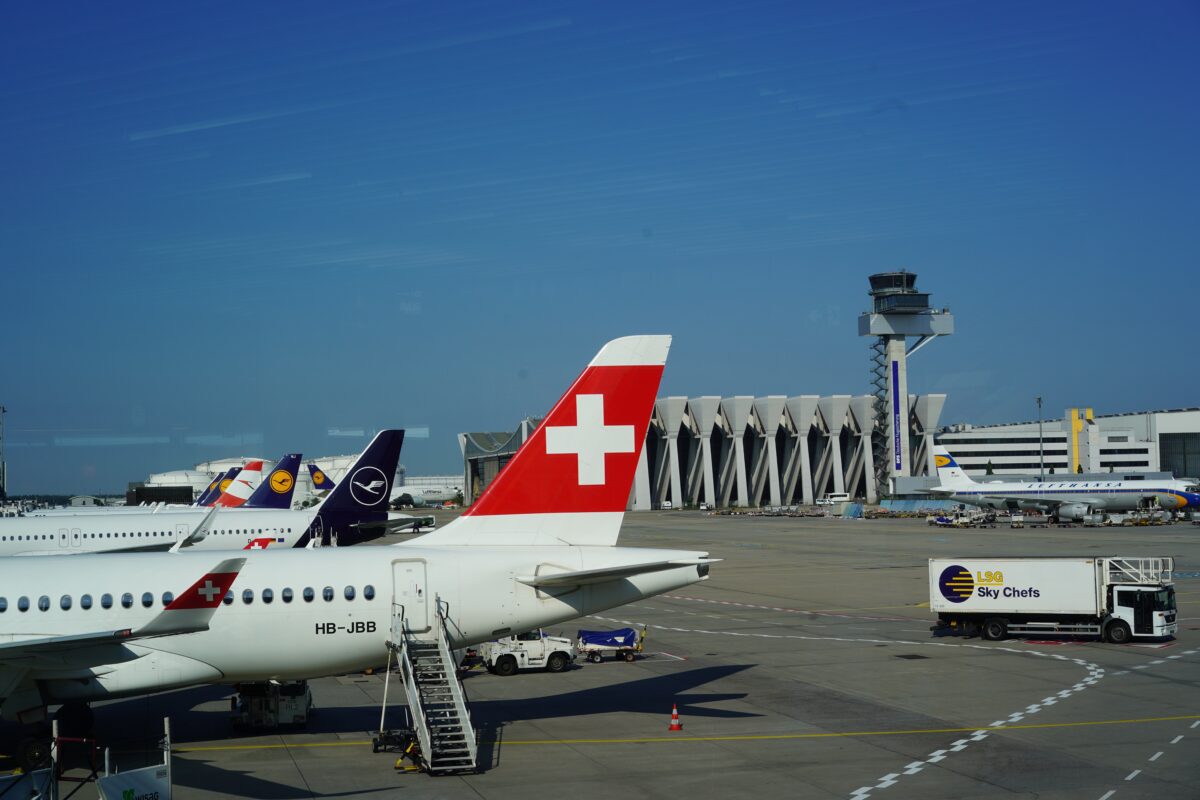You could work in several different aviation environments, including air traffic control centres, commercial airports, military bases, and aerodromes. You’ll learn about UK and international regulation that governs the management of airspace.
Aircraft come in many shapes and forms – from small aeroplanes to airliners, jet fighters to helicopters – and it’s fascinating to understand what enables them to fly. The UK manages one of the earth’s busiest and most complex areas of airspace, with aircraft taking off and arriving here from hundreds of destinations around the world.




